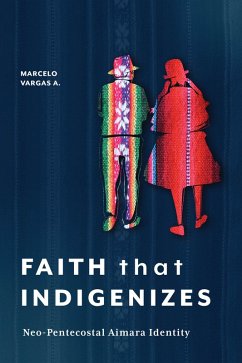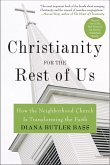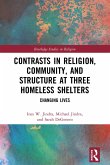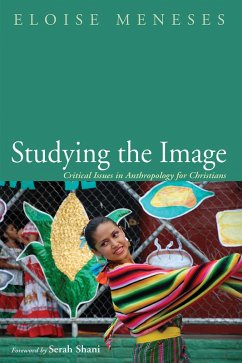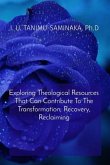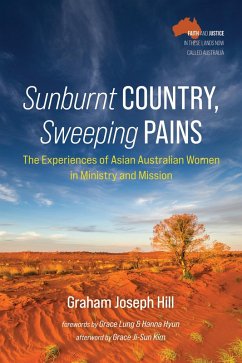The growth of evangelicalism in Latin America, specifically among indigenous peoples, is changing the religious and cultural paradigms of the region. In this important work, Dr. Marcelo Vargas A. explores the interplay between Neo-Pentecostalism and Aimaran indigenous identity in La Paz, Bolivia, identifying how the integration of the two has led to social, political, and economic transformation. This study offers insight into the growing impact of the Neo-Pentecostal movement, both in Latin America and beyond, as well as the significant role of indigenous peoples in shaping the future of Christianity across the globe.
Dieser Download kann aus rechtlichen Gründen nur mit Rechnungsadresse in A, D ausgeliefert werden.

